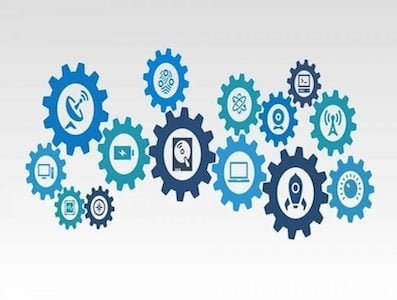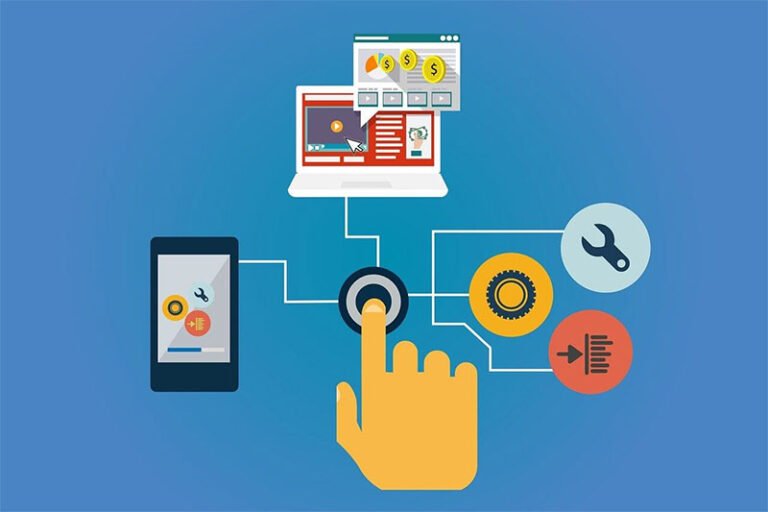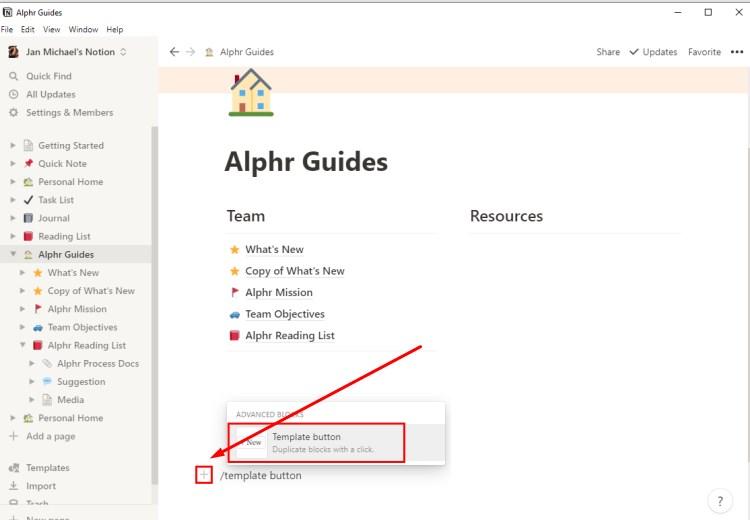
ESDP (Entrepreneurial Skill Development Program) is an entrepreneurial programme that develops entrepreneurship skills in individuals by training them in several areas of business. These individuals usually start an MSME or small-scale business after completing their training programme.
Entrepreneurs’ skills include the development of business skills and knowledge. The economic growth in India is mostly dependent on the country’s youth. Also, there has been a rise in self-employment awareness as more and more individuals are focussing on grooming their entrepreneurship skills. Even the government is dedicated to helping such individuals through its entrepreneurship development programmes.
Entrepreneurship development programmes are conducted for the youth and interested individuals to establish their own businesses and self-employment ventures. These programmes are offered through educational institutions such as polytechnical colleges, ITIs and other technical institutions and business schools. The entrepreneurship skills and talents are honed in these programmes and the individuals are motivated to come up with self-employment ideas.
Also Read: Steps To Register A Startup In India. Check Eligibility, Documents & Benefits
One of the key objectives behind the scheme is to motivate youth representing economically and socially backward sections. Also, ex-servicemen, physically challenged, women, and individuals belonging to BPL (Below Poverty Line) can enrol in these programmes to explore self-employment opportunities. These programmes also support new enterprises and work on developing the production capability of MSMEs that are already functional. They also try to build a culture and environment in the country where entrepreneurs can thrive and grow successfully.
Also Read: Ways To Manage Your Cash Flow As A Small Business owner
Entrepreneurial Skill Development Program By Government
Table of Contents
1. Industrial Motivational Campaign (IMC)
IMC stands for Industrial Motivational Campaign. Its goal is to identify and motivate conventional and non-traditional entrepreneurs who have the potential to start MSEs and generate employment opportunities in rural and economically backward regions. Held by MSME DIs, an Industrial Motivation Campaign is a 24-hour programme.
2. EDPs (Entrepreneurship Development Programmes)
EDPs are held on a regular basis to educate youth on various elements of commercial or industrial activity that are necessary for the establishment of MSEs.
These EDPs are typically held in ITIs, Polytechnics, and other technical institutions to give skills and encourage students to pursue self-employment.
The content of EDP is designed to provide information on the design of products/projects, testing and QC, marketing strategies, and numerous other business aspects. It is organised by MSME DIs and lasts for two weeks.
3. ESDPs (Entrepreneurship Skill Development Programmes)
ESDP is a comprehensive training programme with multiple technical training modules designed to update the abilities of budding entrepreneurs and a functional workforce including workers and technicians of MSEs.
The major goal is to impart training that enhances their entrepreneurship skills and to expose them to advanced technological production skills. It is arranged in numerous states’ regions including some that are less developed. MSME-DIs (Development Institutes) organise these programmes for a period of six weeks. Individuals who are above 18 and want to improve their entrepreneurship skills can enrol in it.
4. WEDP (Women Entrepreneurship Development Programme)
WEDP (Women Entrepreneurship Development Programme) is held for budding women entrepreneurs. It emphasises building the entrepreneurship skills in the women to make them successful in their respective businesses. It is a 6-week long programme that aims to cover all the aspects of the business. The entrepreneur skills include business knowledge of different domains and empower the women to start a business from scratch.
5. MDP (Management Development Programme)
The goal of MDP is to provide training on management practice systems in order to improve the decision-making capacities of present and aspiring entrepreneurs. The objective is to increase productivity and profitability in various industries. The participants in short-term training programmes receive a variety of inputs on various areas related to managerial tasks. One can either enrol in a part-time or full-time MDP. A full-time programme is conducted for one week whereas a part-time programme requires two weeks to complete.
Also Read: 9 Government Schemes For Women Entrepreneurs In India
How is Entrepreneurship and Skill Development Programme (ESDP) implemented?
The following is the procedure for putting the scheme into action:
- The agencies responsible for implementing ESDP submit their ideas to the DC MSME (Development Commissioner Ministry of Micro, Small & Medium Enterprises). The proposal is either considered or rejected by the authorised committee that is chaired by the AS & DC.
- After this, an Industrial Motivational campaign is organised. The government tries to organise at least one IMC in each district by collaborating with industry clusters, industrial associations, and social enterprises.
- Depending on the needs, a two-week EDP or a six-week ESDP may be held. They are created in places with potential for enterprise or industrial development by collaborating with industry associations and social enterprises functioning in that district.
- MDPs will be conducted as a tool for capacity building and HR development for current entrepreneurs/enterprises/Industrial Clusters.
- A database of guest faculty will be maintained on the integrated MIS.
- A panel of guest faculty will be chosen in advance and will be approved by the DC Office along with the programme calendar.
- Academicians, successful entrepreneurs, technical institution teachers, financial, management, or legal professionals, Master Craftspeople, and government/semi-government/PSEs/Bank executives are all examples of guest faculty.
- Participants who have 80 per cent or more attendance will receive a certificate of participation from the MIS database.
- In the MIS, there will be a feedback mechanism where participants in the training programme and other stakeholders can leave feedback on the training programmes that have been organised.
- The Director or Nodal Officer will be in charge of monitoring the feedback received and take appropriate action.
- The implementing agencies must upload a real-time action report of the comments received and actions performed to the MIS.
Also Read: Top Five Government Schemes For Retail Businesses
Conclusion
The above-mentioned programmes or activities will be carried out by MSME-DIs (Development Institutes) and MSME-TCs (Training Centres). They are regularly approved by the Empowered Committee headed by AS and DC(MSME). The implementing agencies other than MSME-Dls are responsible for presenting utilisation certifications for grants or money provided to them before the end of the financial year.
These programmes are brief in duration and the content is tailored to meet the demands of the business. The parts of a program can be customised according to the requirements of the clients.
It’s worth noting that 20% of the targeted training programmes are free of charge as they are primarily for the poorer sectors of society A monthly stipend of Rs 500 is also offered to such candidates.
Women should account for 40% of the targeted beneficiaries of EDPs and ESDPs. Special programmes for women recipients are established as per the requirements.







